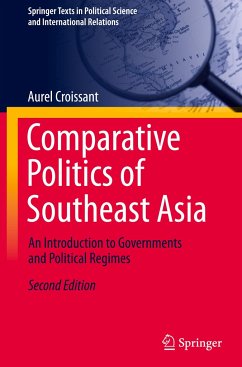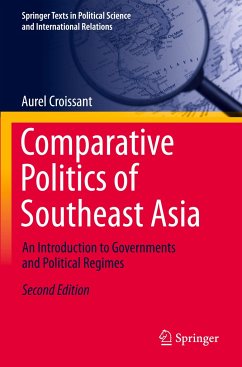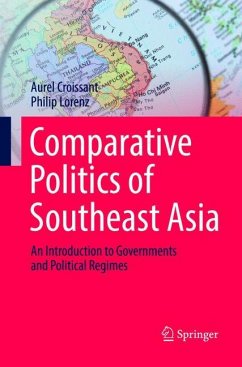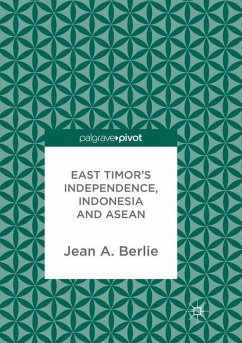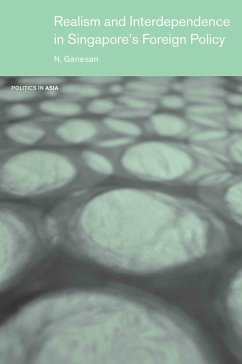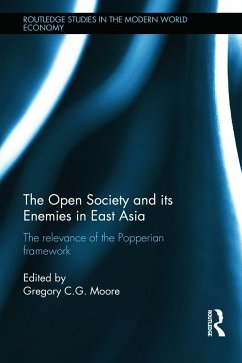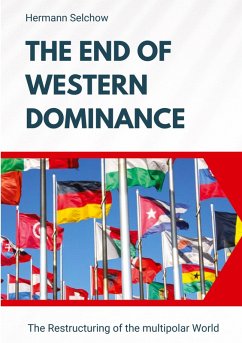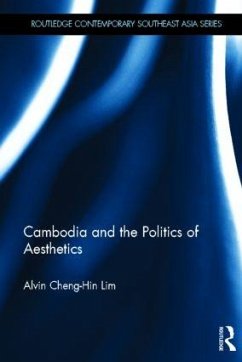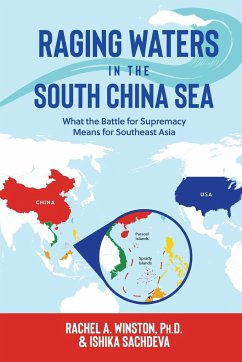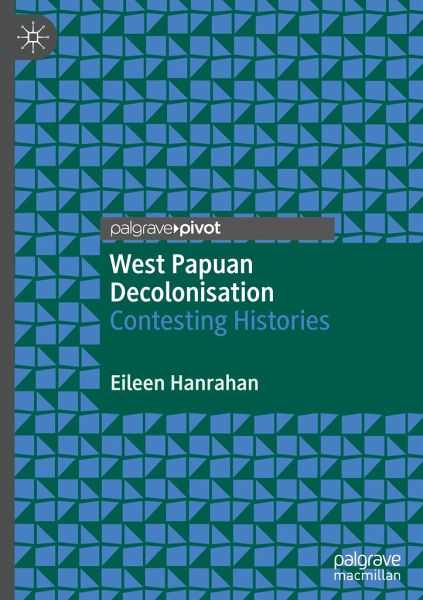
West Papuan Decolonisation
Contesting Histories

PAYBACK Punkte
21 °P sammeln!
In alignment with Indigenous Politics, an emerging sub-field of Politics and IR, this book considers West Papuan Indigenous nationhood. Combining Settler Colonial Studies and Critical Indigenous Theory, the research opens up sovereignty as a political category of analysis to reveal an embedded nation within Indonesia.In June 2000 the Second Papuan People's Congress in Jayapura rejected the basis on which West Papua had been incorporated into Indonesia and resolved that the "people of Papua have been sovereign as a nation and a state since 1 December 1962". Indonesian president Wahid firmly opp...
In alignment with Indigenous Politics, an emerging sub-field of Politics and IR, this book considers West Papuan Indigenous nationhood. Combining Settler Colonial Studies and Critical Indigenous Theory, the research opens up sovereignty as a political category of analysis to reveal an embedded nation within Indonesia.
In June 2000 the Second Papuan People's Congress in Jayapura rejected the basis on which West Papua had been incorporated into Indonesia and resolved that the "people of Papua have been sovereign as a nation and a state since 1 December 1962". Indonesian president Wahid firmly opposed this resolution and state officials posted historical narratives on the Australian Embassy website that legitimated Indonesia's incorporation of the once non-self-governing territory.
A mapping and analysis of these narratives demonstrate a settler colonial present within Southeast Asia. It is argued that the US's appeasement of Indonesia's takeover in the 1960s was based on the Great Power's concern to promote its strategic and economic status in the region.
"This is a timely intervention that contributes to a growing debate on settler colonialism as a mode of domination that characterises the global present and involves locales not normally seen as settler colonial. West Papua fits the bill".
-Associate Professor Lorenzo Veracini, author of Settler Colonial Studies: A Theoretical overview.
In June 2000 the Second Papuan People's Congress in Jayapura rejected the basis on which West Papua had been incorporated into Indonesia and resolved that the "people of Papua have been sovereign as a nation and a state since 1 December 1962". Indonesian president Wahid firmly opposed this resolution and state officials posted historical narratives on the Australian Embassy website that legitimated Indonesia's incorporation of the once non-self-governing territory.
A mapping and analysis of these narratives demonstrate a settler colonial present within Southeast Asia. It is argued that the US's appeasement of Indonesia's takeover in the 1960s was based on the Great Power's concern to promote its strategic and economic status in the region.
"This is a timely intervention that contributes to a growing debate on settler colonialism as a mode of domination that characterises the global present and involves locales not normally seen as settler colonial. West Papua fits the bill".
-Associate Professor Lorenzo Veracini, author of Settler Colonial Studies: A Theoretical overview.





